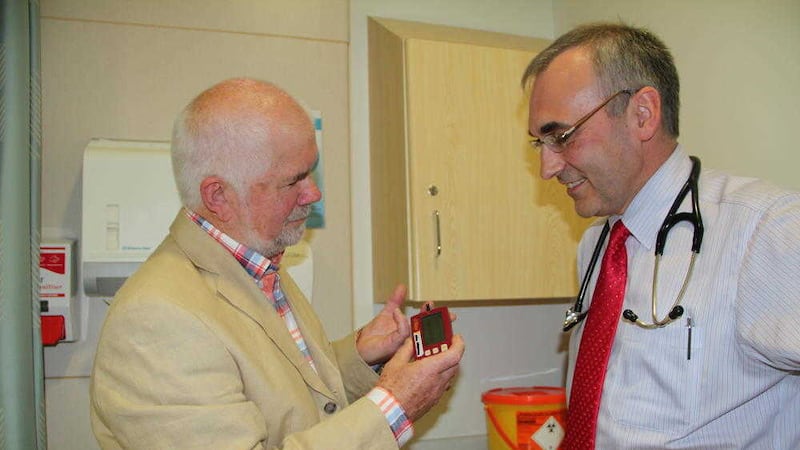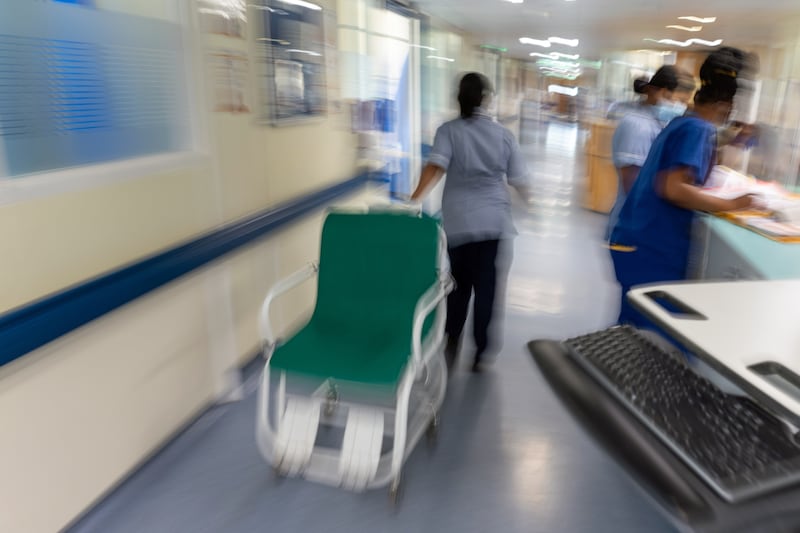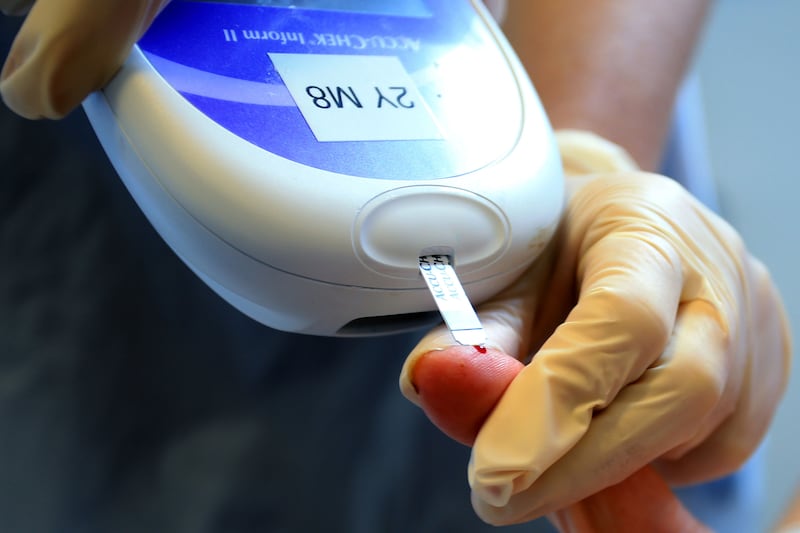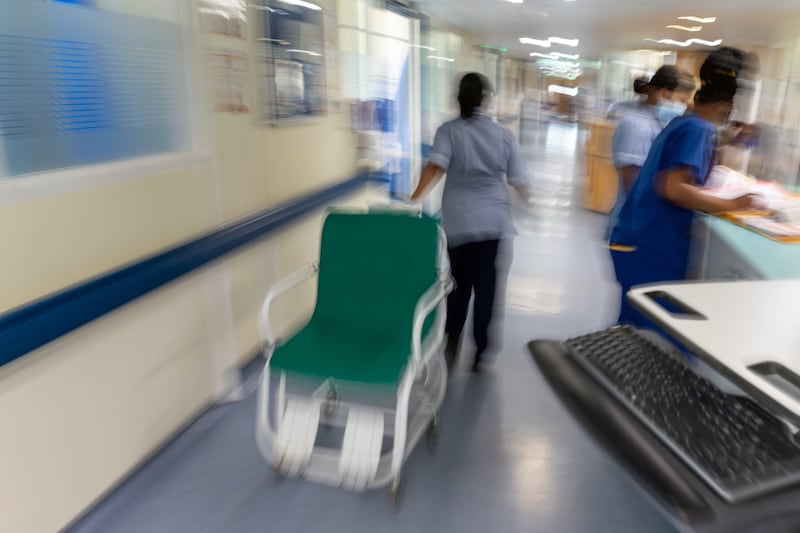A SMALL mobile-phone-sized device which allows patients to regulate their own insulin dosage has already transformed the lives of a handful of patients in the north of Ireland.
Now the d-Nav system, which, in a world first, was piloted by the South Eastern Health and Social Care Trust, is being made available to up to 700 diabetic patients in an initiative that sees Northern Ireland at the forefront of transforming the lives of diabetics.
While insulin has been available for nearly 100 years, globally healthcare systems are not built to provide the necessary individual support to make its use fully effective in lowering individuals' blood-sugar counts and thus preventing associated health complications.
Diabetes is now one of the most pressing health issues in the UK, with 2.9 million people diagnosed and the numbers rising at an alarming rate. There are currently almost 80,000 people across Northern Ireland with the condition, which costs more than £400 million per year – most of which is for treating complications, mainly attributed to uncontrolled glucose levels.
Studies have shown that for insulin to be effective it needs to be adjusted up to 100 times per year. Each adjustment traditionally means a physician or diabetes nurse has to attend to the patient. However, the d-Nav Insulin Guidance Service brings insulin therapy into the digital age by providing personalised adjustments for the patients, as needed, based on their own glucose readings which they take themselves.
Based on technology obtained from the University of Michigan, the device was developed by US-based company Hygieia, which has a subsidiary in Northern Ireland.
Ballygowan man John Ralph, who was one of the first to trial the d-Nav, at the end of 2012, says it has had a very positive impact upon his life.
"Over a period of three months it brought my HbA1c level, which is the average blood sugar level, down from 9.5 to just over 6 and the good thing it is that it is maintaining that level,” says John, who has had type two diabetes for nine years.
He puts the reduction down to regularly checking his blood sugar levels and managing it. “The big advantage of it is I can do a blood test before a meal and it will prescribe me a dose of insulin based on my blood-sugar level at that moment. It gives you a lot more confidence in yourself and how you are feeling. There is a little bit more freedom in what you can eat because the meter will then correct it as you go along and you feel more in control with your own body," he says.
Before using the device John would only have had his blood sugars checked six monthly at his GP surgery or diabetic clinic and he took the same insulin dosage until his next appointment.
"If your blood sugars are running at eight or nine and you are taking insulin, they look to give you some form of additional medication. With this device you can get your insulin levels down without the need for drugs, which is not just good for your body, but also cost-saving to the NHS," he says.
The pilot was overseen by Dr Roy Harper, lead diabetes clinician in the South Eastern Trust, who says he is delighted with the benefits it has had for the patients who have so far used it.
"The d-Nav is truly innovative, given the fact that it allows patients to take control of their own insulin dosage updates. The result is very impressive – superior diabetes management, less hypoglycaemia, significantly lower susceptibility to complications and a big reduction in the number of hospitalisations and other costs associated with diabetes."
Although there are no definitive plans in place, Hygieia have said they are looking forward to rolling out the service across the other health trust areas in Northern Ireland as soon as possible.
SDLP assembly member Pat Ramsey says it is important this happens as soon as possible.
“This device is more welcome, but it’s damning of the healthcare system in Northern Ireland when it comes down to a postcode lottery of where you live as to whether you can access the most modern and best treatment available," he says.
"There is already a case in my constituency in Foyle of a lack of access to insulin pumps. It’s unfair, unjust and unacceptable.”
Mr Ramsey, who is the chairman of the All-Party Group for Diabetes in the Northern Ireland Assembly, has said the group is due to meet soon and will make this a priority.
"We always talked about having a unique diabetes strategy for Northern Ireland. That strategy would have continuity, consistency and the level of care for every single person in Northern Ireland. We are not there yet, but certainly it will be a subject matter our all-party group will be discussing with urgency."
:: A new GP direct referral pathway is being launched by the South Eastern Trust to refer patients on to the new service. They can also be referred through the diabetes clinic at the Ulster Hospital, Ards, Downe or Lisburn.








